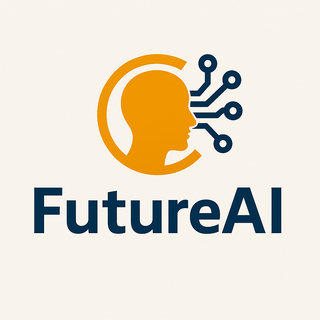🏭 AI in Manufacturing – The Future of Smart Factories
AI is revolutionizing manufacturing by improving production efficiency, reducing costs, and enhancing product quality. Smart factories powered by AI are shaping the future of the industry.
🔹 1. How is AI Used in Manufacturing?
| AI Technology | Application in Manufacturing | Example |
|---|---|---|
| AI in Predictive Maintenance | AI detects equipment issues before failure | AI in Tesla’s Gigafactories |
| AI in Quality Control | AI-powered cameras identify defects | AI checks faulty car parts in Toyota |
| AI in Robotics & Automation | AI robots assemble & transport goods | AI-driven robots in BMW factories |
| AI in Demand Forecasting | AI predicts product demand | AI optimizes supply chain in Amazon |
| AI in Energy Efficiency | AI reduces energy waste in factories | AI optimizes energy use in Siemens plants |
📌 AI-powered predictive maintenance reduces machine downtime by 40%!
🔹 2. AI Applications in Manufacturing 🤖
✅ 🏭 AI in Smart Factories – AI automates production lines for efficiency
✅ 🤖 AI-powered Robots – AI-driven machines handle tasks like welding & assembling
✅ 📦 AI in Supply Chain Optimization – AI predicts demand & manages inventory
✅ ⚙️ AI in Equipment Maintenance – AI prevents machine failures before they happen
✅ 🎥 AI in Visual Inspection – AI detects product defects faster than humans
📌 Example: Siemens’ AI-powered factories use machine learning to optimize production.
🔹 3. Future of AI in Manufacturing 🚀
🦾 AI & 3D Printing – AI will enhance 3D printing for custom manufacturing
🏗️ AI in Construction Manufacturing – AI-powered robots will build structures faster
⚡ AI in Sustainable Manufacturing – AI will reduce waste & improve energy efficiency
📡 AI & IoT in Smart Factories – AI will connect sensors for real-time monitoring
📌 By 2030, AI in manufacturing could increase productivity by 35%!
🔹 4. Challenges & Risks of AI in Manufacturing
❌ High Implementation Costs – AI-driven factories require huge investments
❌ Job Displacement – AI automation may replace human jobs in production
❌ Cybersecurity Threats – AI-powered factories must protect against hacking
❌ Dependence on AI – Factories may become too reliant on AI decision-making
📌 Solution: AI should be used to assist workers, not replace them completely!
🚀 Conclusion
✔️ AI is revolutionizing manufacturing by improving automation, quality control, and efficiency
✔️ AI-powered robots, smart sensors, and predictive maintenance are shaping modern factories
✔️ The future will see AI-driven sustainable manufacturing, advanced robotics, and smart factory automation



Post a Comment
0Comments